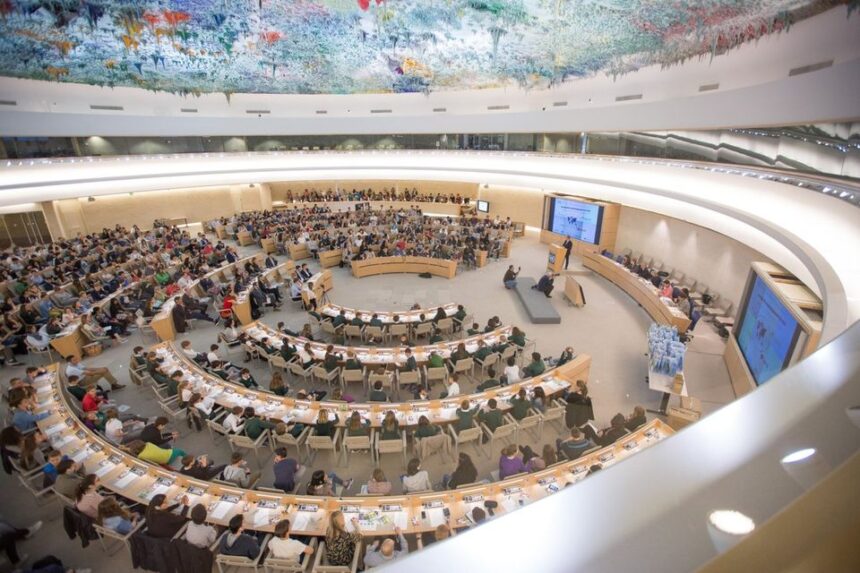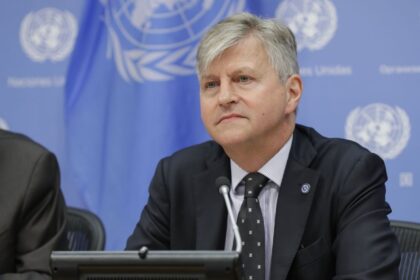RASC News Agency: Human Rights Watch has called on the United Nations Human Rights Council to urgently establish an independent body to investigate both past and ongoing human rights violations in Afghanistan. Since the Taliban’s takeover in August 2021, Afghanistan’s human rights situation has drastically worsened, according to Human Rights Watch. The organization stated, “The Taliban’s oppressive policies have disproportionately targeted women and girls, plunging Afghanistan into the world’s most severe women’s rights crisis.”
Fereshta Abbasi, Afghanistan researcher at Human Rights Watch, emphasized that the Taliban have systematically violated the fundamental rights of Afghanistani citizens with impunity. She urged the UN Human Rights Council to establish a specialized mechanism for collecting and preserving evidence of these violations and to support efforts to hold perpetrators accountable.
The statement also underscored the dire state of girls’ education, noting that Afghanistan remains the only country where girls are barred from receiving education beyond the sixth grade. The report stated, “Taliban authorities have additionally banned women from most forms of employment, restricted their freedom of movement, and imposed harsh limitations on their public participation, including in sports, park visits, and performing in public spaces.” Furthermore, the Taliban have imposed severe restrictions on freedom of expression and the media.
Human Rights Watch added, “Journalists face threats, arbitrary detention, and torture, fostering an environment of fear that prevents independent reporting.” The report also highlighted Afghanistan’s humanitarian crisis, noting that over 23 million people are currently suffering from hunger. Fereshta Abbasi stressed, “The UN Human Rights Council must establish an independent accountability mechanism to ensure justice and reparations for the Afghanistani people, who have endured decades of unaddressed human rights abuses.”
Previously, over 90 national and international organizations penned an open letter urging members of the UN Human Rights Council to seriously consider recognizing gender apartheid in Afghanistan. These organizations also advocated for extending and strengthening the mandate of the UN Special Rapporteur on Human Rights in Afghanistan, as well as ensuring that those responsible for human rights violations are held accountable.






